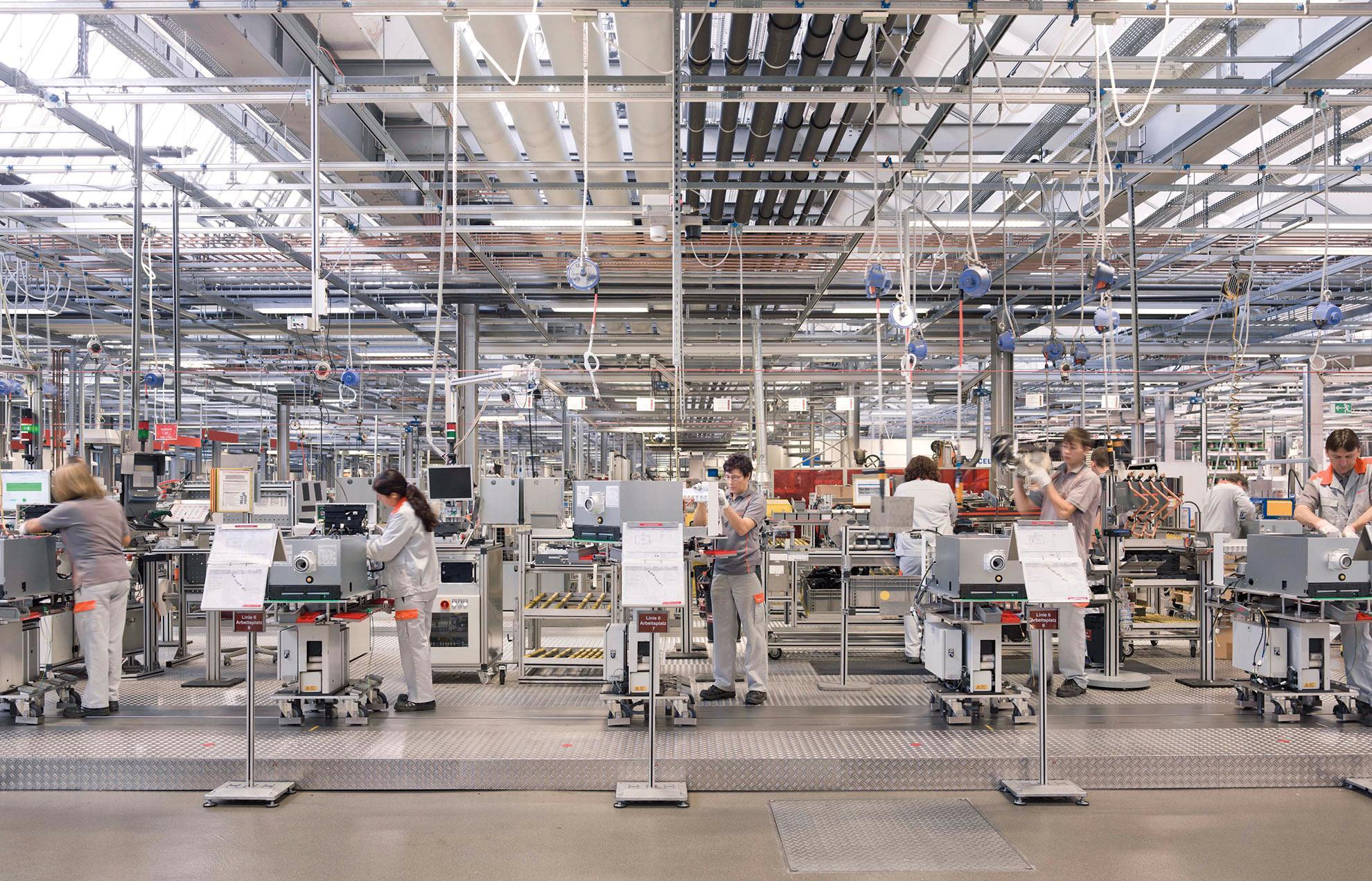What are other big climate issues in Europe in 2024?
In climate policy, we will have a discussion about the 2040 target, because we are obliged by the climate law and international negotiations. However, what we will do for reaching the 2040 target will of course also be determined by the election results.
At the beginning of February, the Commission will present its plan for reaching the 2040 target, and the new climate commissioner Wopke Hoekstra promised that he would plea for a target to reduce greenhouse gas emissions by at least 90 percent by 2040.
I would expect a document with three scenarios where the middle scenario aims for 90 percent. What will be interesting to see is that the Commission will have to lay out energy transition pathways to achieve the target, to show how each sector has to change – because no sector can be left out of the equation if we look at 2040. The energy sector will have to be close to zero emissions by then, industry will also be key. Most of both sectors’ emissions are covered by the EU Emissions Trading System [EU ETS], and they are supposed to be zero by 2039, with the current legislation.
We should expect the debate about the 2040 target to provoke a lot of discussions for each sector. The final decision on it will probably be taken only after the European elections. The Council is expected to discuss it in June, the newly-elected Commission president will have to outline their proposals when she or he starts in summer.
Will an issue like the 2040 climate target play a role in the EU election campaign? Is this something voters are interested in?
Maybe not the target per se, because it is a bit of an abstract number looking far into the future. However, when the debate focusses on the different sectors this could change.
At the start of 2024, the European Scientific Advisory Board on Climate Change is expected to present a report on how we are doing regarding the 2030 targets. What I hear is that the message will be that it is unclear whether we will reach them, with a special focus on transport, buildings and agriculture, but also the challenges for industry.
The combination of difficulties in reaching the 2030 target, and then on top of that the need to go beyond in 2040, will spark a debate about the difficulties in the different sectors, which in turn will spark discussions in the EU election campaign.
Where do you see the European Parliament shift politically after the election?
The far right will increase their strength. This will raise the pressure on the EPP to make clear where they stand. That is exactly the discussion you are having in Germany: how to relate to the AfD. At the European level you have more and more EPP voices saying we need to work with the far right, as they are doing already in Italy, Spain, Sweden, and in Finland.
The big win for Donald Tusk in the Polish election has been very crucial in that sense, because working with the far right for Poland would mean Tusk working with PiS, which is a non-starter. So, I think the EPP also has to look to the centre – which will get smaller. That could mean the Greens’ voice becomes more pivotal.
Overall, the parliament will become more complicated, more unpredictable. However, we Greens have a chance of being more influential towards the new Commission – with the assumption it is going to be von der Leyen who will lead it.

